 Can magnesium and vitamin B6 supplements cure autism?
Can magnesium and vitamin B6 supplements cure autism?
Magnesium for Autism
Magnesium is an important supplement for everyone, but especially for people with psychiatric or neurological conditions like autism, ADHD, depression/anxiety, PTSD, and schizophrenia, among others. Indeed, recent research has proven that children with ASD and ADHD both have notably lower levels of magnesium than children without these conditions, and that supplementation with magnesium can help relieve at least some symptoms. Studies have found that magnesium can directly help prevent and treat encephalopathy (brain swelling) and developmental delays, and may also help treat pervasive developmental disorder, a separate but autism-related condition.Magnesium supplementation may specifically help minimize the following symptoms in patients with autism spectrum disorder:
- Hyperactivity
- Restlessness
- Fidgeting
- Body rocking
- Noise sensitivity
- Poor concentration
- Insomnia
- Headaches
- Depression
Magnesium levels in ASD patients may be decreased partially due to picky eating, but poor gut absorption of magnesium (and other nutrients) also plays a major role in the development of magnesium deficiency. Because of this, a magnesium supplement may be essential to boost magnesium levels in autistic people, even if dietary magnesium intake is reasonably high, since this dietary magnesium may not actually be absorbed into the bloodstream in sufficient quantities.
Magnesium is responsible for 300+ enzymatic reactions in the body, in addition to being a crucial ingredient needed for the production of glutathione. It’s not hard to imagine, then, why a magnesium deficiency would lead to so many different health problems, including even symptoms of autism and ADHD. In addition, some experts speculate that magnesium’s role in glutathione production may also increase the heavy metal sensitivity in ASD people, since glutathione is a powerful antioxidant that supports heavy metal chelation. Low glutathione levels can lead to increased oxidative stress and decreased chelation ability throughout the body.
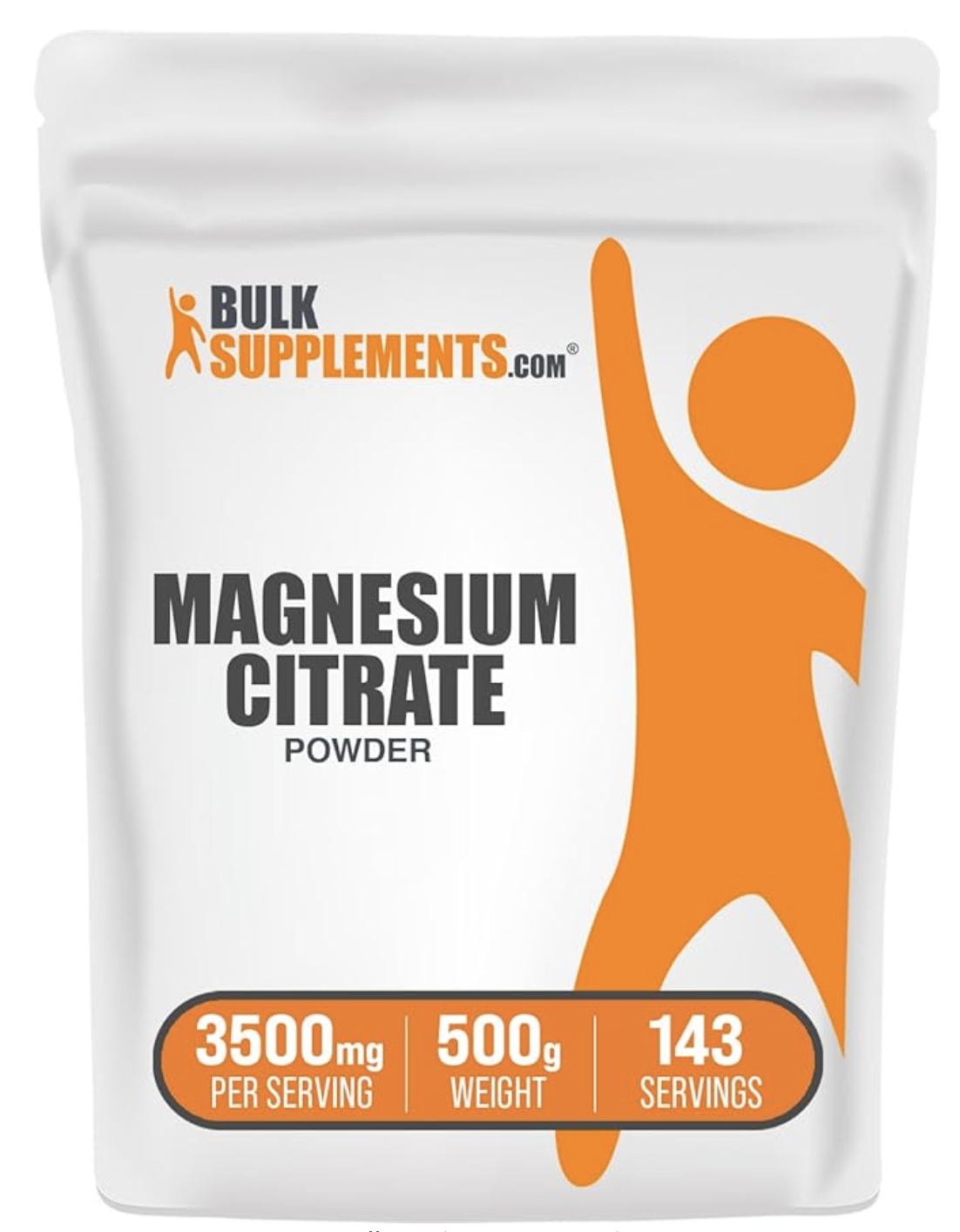 But magnesium citrate powder here.
But magnesium citrate powder here.
Magnesium Supplement Dosing for Autism
According to studies in children with autism, magnesium supplements are most beneficial when combined with vitamin B6 supplements. You can read more about vitamin B6’s role in autism treatment below.One case study done of a 7-year-old child with typical autism found that magnesium supplementation produced notable differences in the child’s autism symptoms. The child was given a magnesium dose of 6mg/kg of bodyweight, combined with a vitamin B6 dose 0.6mg/kg of bodyweight. After 2 months of treatment on this supplementation protocol, the boy was calmer, enjoyed his time at school more, began talking using short sentences, began playing with friends more readily, and was more willing to leave his “bubble”. After 3 years of treatment with magnesium and vitamin B6, the boy was capable of developmentally average speech and language comprehension and went to a normal school where he was able to read at a similar level as his peers.
One interesting detail of the study described above is that the autistic boy’s parents also were tested and found to have magnesium deficiency, despite not exhibiting any symptoms. This suggests that families with a history of autism may have some kind of genetic defect in magnesium transport. As such, if one family member has autism (and also probably a magnesium deficiency), the probability of other asymptomatic family members having a magnesium deficiency is high. So, if you decide to start magnesium supplementation for a child with autism, consider also giving a magnesium supplement to the rest of the family.
Dietary Sources of Magnesium
Below are some magnesium-rich foods to try and include in a diet protocol for autism treatment:- Leafy green vegetables
- Nuts and seeds
- Legumes
- Cacao
- Whole grains
- Avocado
Vitamin B6 for Autism
Vitamin B6 (pyridoxine) is an important B-complex vitamin for the treatment of nervous system conditions and mental health problems. It has been shown to improve not only the symptoms of autism, but also of schizophrenia, seizure disorders, ADHD, and other related conditions. Children with autism have a higher need for vitamin B6 due to the prevalence of gut dysbiosis, picky eating, and mitochondrial disorders that inhibit B6 absorption in ASD people.Studies have shown that autistic individuals may also have trouble converting pyridoxine to one of its major active forms, pyridoxal-5-phosphate (P5P). Because of this, people with autism often have trouble utilizing what little vitamin B6 that they consume via food sources; nutritional supplements can supply the active pyridoxal-5-phosphate directly. This is important since P5P is the form of vitamin B6 that is most often used in the brain (and the rest of the body) to produce the neurotransmitters dopamine and serotonin. Thus, vitamin B6 supplements in the form of pyridoxal-5-phosphate are an essential part of any ASD treatment protocol, especially for picky eaters.
Vitamin B6 is so vital for autism treatment that, according to one survey of 7256 parents with autistic children, 49% of patients with ASD demonstrated a notable improvement in their symptoms with the addition of vitamin B6 and magnesium supplements. In ASD patients with seizure disorder, a common comorbidity of autism, vitamin B6 has a similarly important role, since a deficiency in this nutrient is known to cause seizures, and as such, supplementation can help alleviate or, in some cases, entirely eliminate seizures and related symptoms. Some of the specific benefits of vitamin B6 supplementation for autism patients include:
- Improved communication ability
- Decreased sound sensitivity
- Fewer stereotypical ASD behaviors
- Improved expressive language
- Decreased hyperactivity
- Improved attention and ability to focus
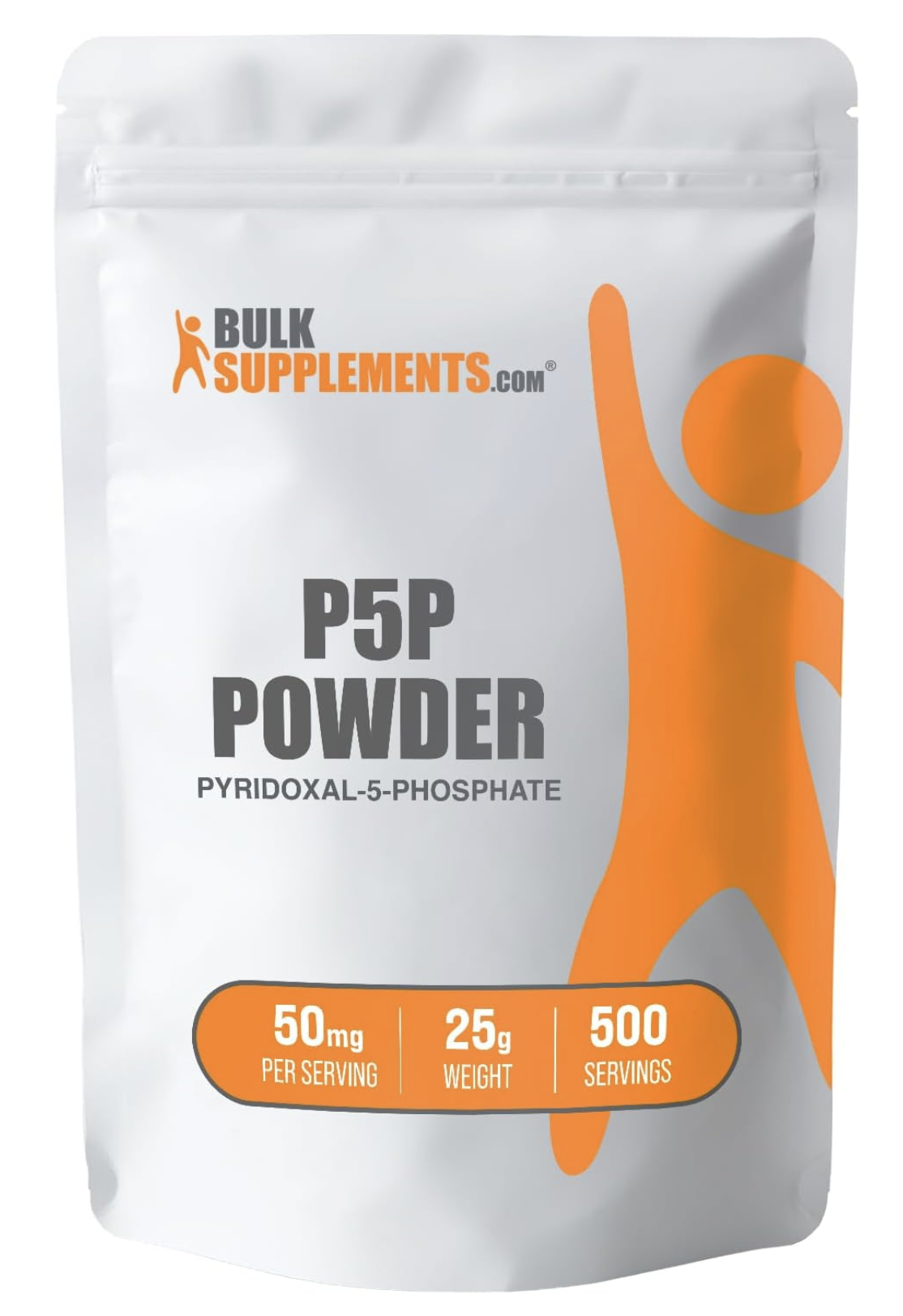 Buy pyridoxal-5-pyrophosphate powder here.
Buy pyridoxal-5-pyrophosphate powder here.
Vitamin B6 Dosing for Autism
Vitamin B6 can be administered at a dose of 25-50mg per day for autism treatment in adults. Doses of 100mg and over should generally be avoided since this can produce negative neurological effects, however, vitamin B6 is extremely safe and even these neurological effects from mega-high-dose treatments generally reverse themselves almost immediately when the dose is lowered or eliminated for a period of time. A dose of 25-50mg per day can be given safely over the long term to adults; children should receive a lesser dose, of course, based on body weight. Based on this 25-50mg dose, a child can receive a vitamin B6 dose of approximately 0.20-0.40mg/lb of body weight.Vitamin B6 should always be given in combination with the other B-complex vitamins in order for it to provide optimal benefits. The B-complex vitamins are grouped together since they all work together in the body. Including a magnesium supplement is also important for people with autism; magnesium and vitamin B6 work together in the brain, and ideally should be taken together as well. Mitochondrial disorders and gut dysbiosis in particular can also lead to an increased need for the other B-complex nutrients, which is another reason why it’s so important to supplement with ALL of the B vitamins, not only vitamin B6, especially for patients with autism or similar health problems.
Note that some people with autism may initially become hyper or agitated after starting vitamin B6 supplements, especially at higher doses. For this reason, it’s important to start with a lower dose and increase the dose gradually, paying close attention to the patient’s behaviors. If the ASD person starts exhibiting worsened behaviors, rather than improved behaviors, reduce the vitamin B6 dose until these behaviors correct themselves again.
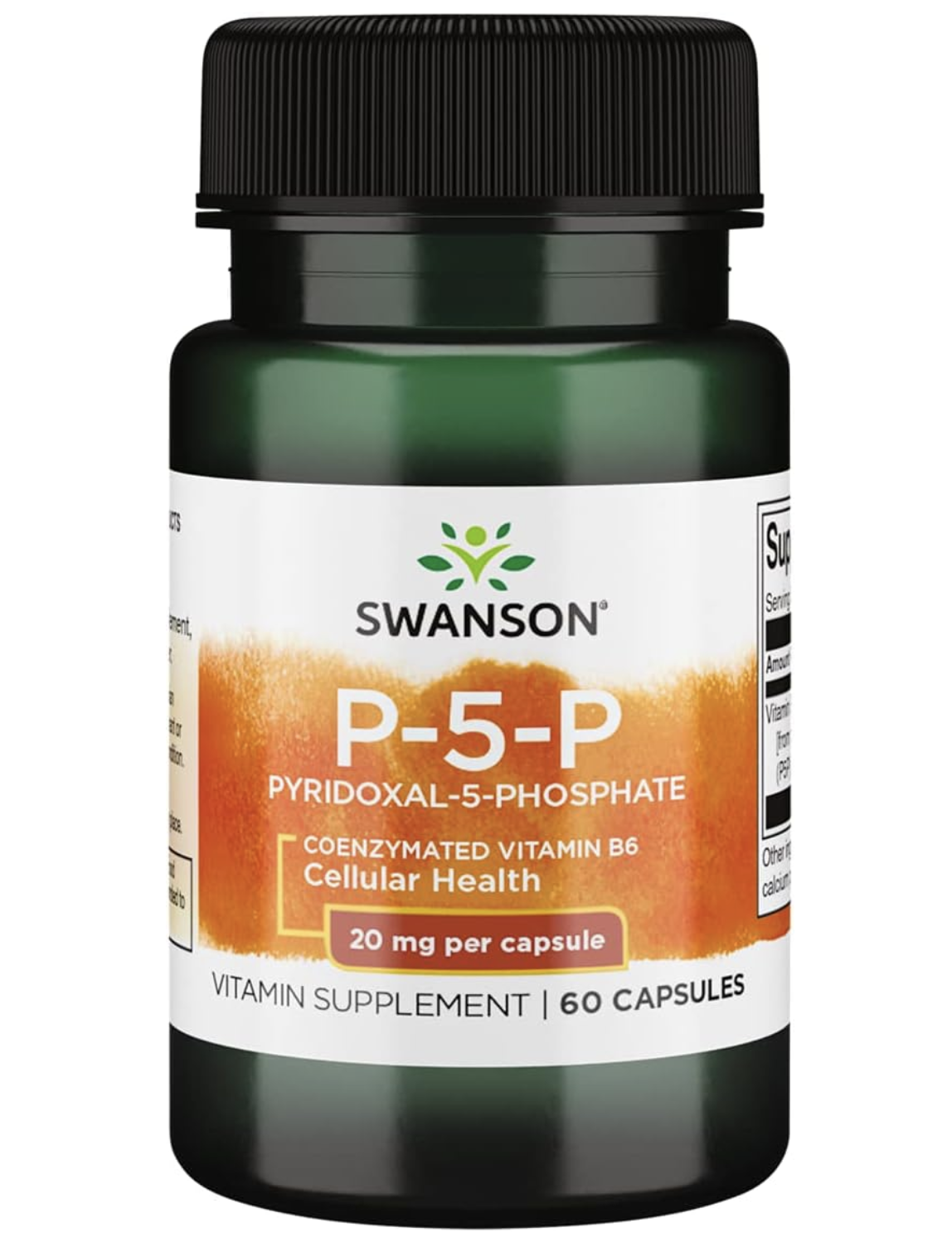 Pyridoxal-5-Pyrophosphate, 20mg per capsule
Pyridoxal-5-Pyrophosphate, 20mg per capsule
Dietary Sources of Vitamin B6
While a vitamin B6 supplement is ideal for patients with autism, it can be helpful to know which foods are rich in a particular nutrient in order to design a diet that’s rich in all of the most important vitamins and minerals for disease treatment. Below are a few of the most vitamin B6-rich foods:- Potatoes
- Sweet potatoes
- Eggs
- Milk
- Chicken liver
- Bananas
- Chickpeas
- Avocado
- Green peas
- Spinach
Resources:

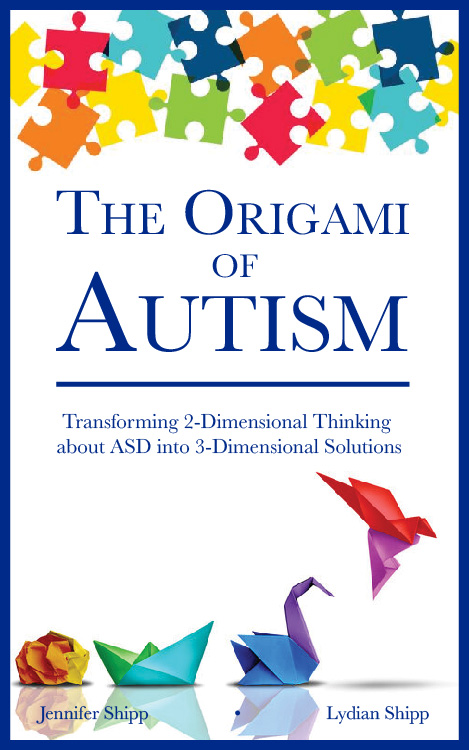 The Origami of Autism: Transforming 2-Dimensional Thinking about ASD into 3-Dimensional Solutions - BUY HERE!
The Origami of Autism: Transforming 2-Dimensional Thinking about ASD into 3-Dimensional Solutions - BUY HERE!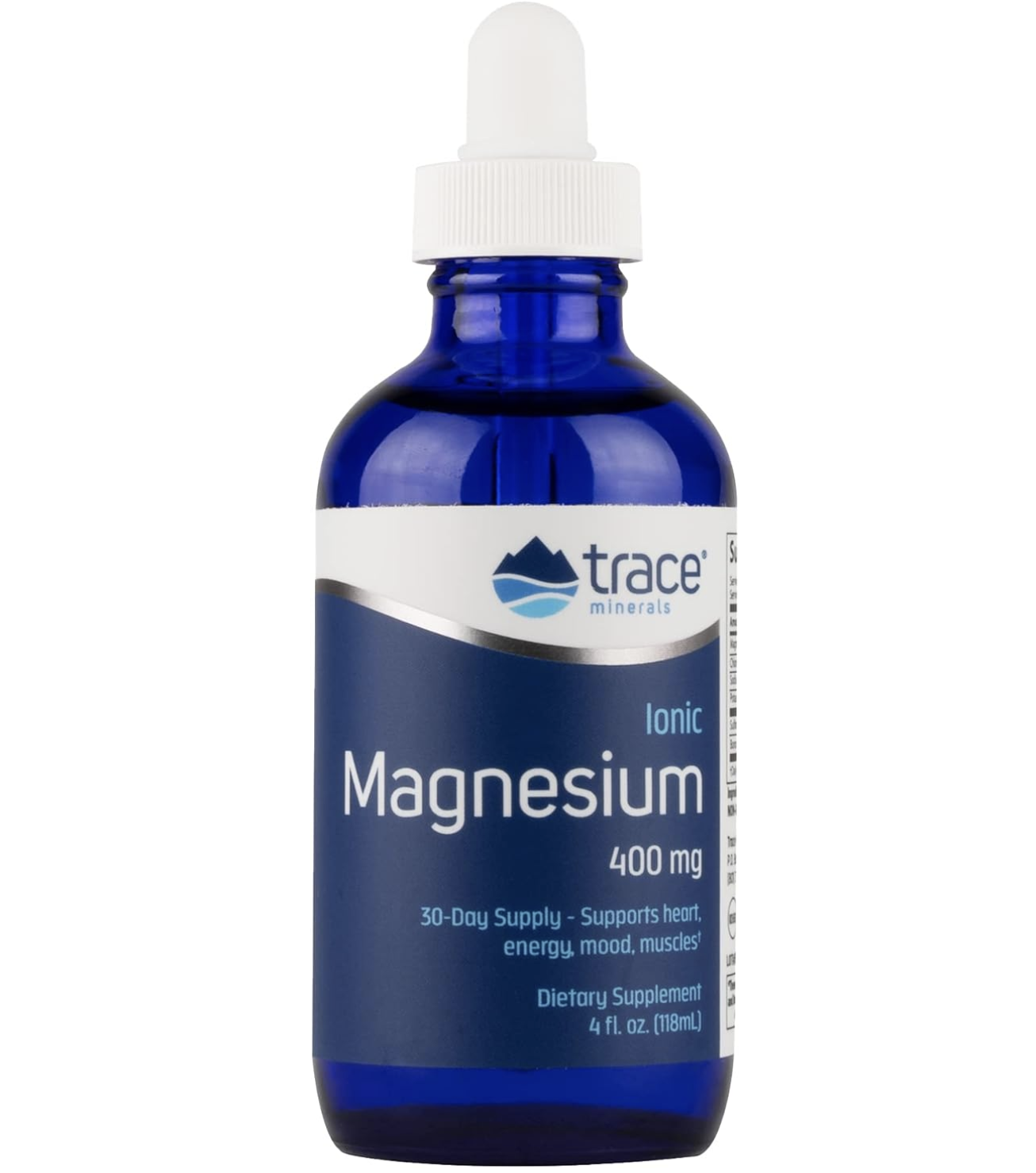 Buy liquid magnesium here.
Buy liquid magnesium here. 







